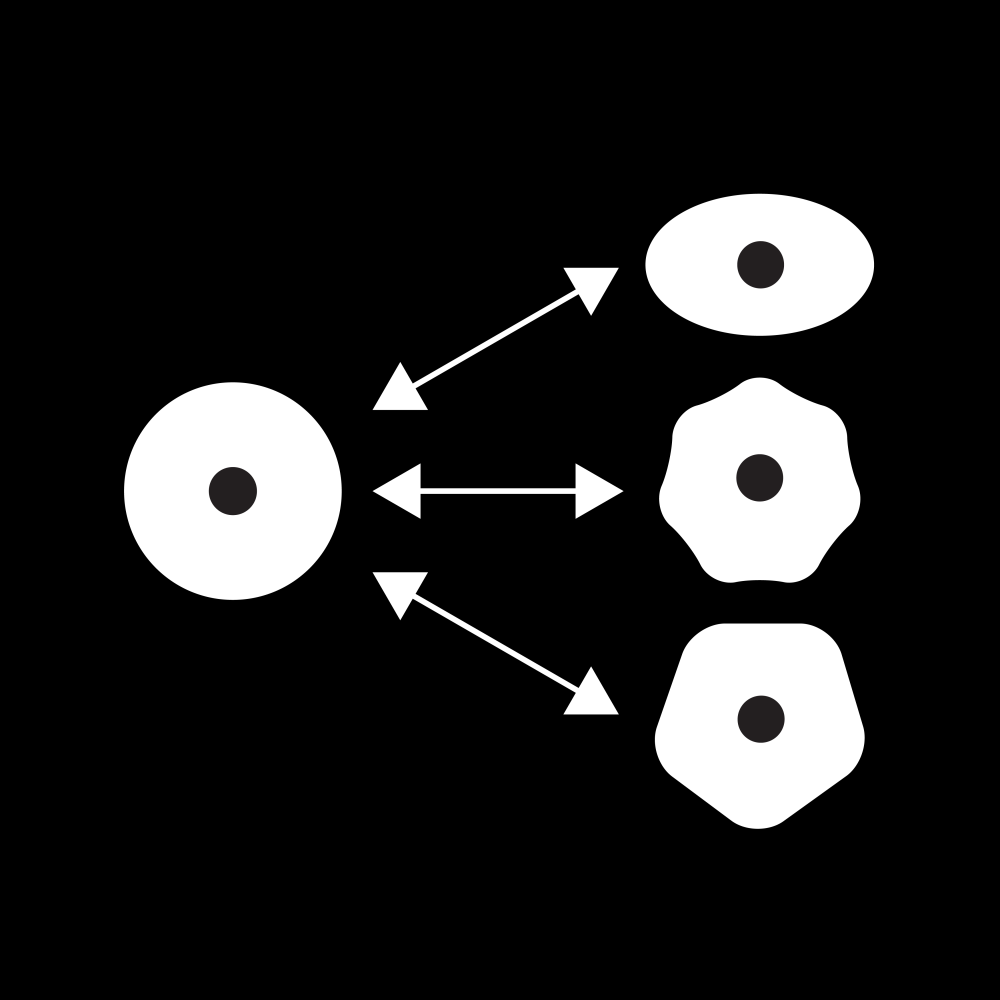Cancer cell plasticity

Challenge: Understand cancer cell plasticity and its contribution to the development of pan-therapeutic resistance in cancer.
We set this challenge in 2023, however, we did not fund a team to address it. We're not accepting new applications.
Please note that the description below reflects the challenge as set by our Scientific Committee in 2023; we understand that there may have been developments in the field between then and now.
Currently viewing section: Context
Context
Cancer cells show remarkable plasticity in which they can switch lineage and activate latent differentiation programmes, yet the principles governing plasticity in cancer cells remain poorly understood. This plasticity may allow cancer cells to develop stem-like properties, drive invasiveness and metastasis and to evade therapy by developing broad resistance to radiotherapy and cytotoxic chemotherapy.
Increased understanding of cell fate determination through epigenetic reprogramming means that it is timely to study in detail how cancer cells achieve these switching processes. Advanced sequencing technologies are also now available to interrogate single cells and clonal populations. Blocking or exploiting such switching processes could inhibit the recurrence of cancer and eliminate resistant cells after successful primary treatment.
Barriers and opportunities
Cancer initiation, invasiveness and metastases likely involve profound alterations in the epigenetic state of cells during clonal evolution. Furthermore, many cancers progress or recur despite an initial response to treatment. The progressing or recurring cancer is then often more resistant to therapeutic intervention. The basis of these phenomena result, in part, from the plasticity of cancer cells which allows them to adopt new cellular programmes. Understanding of how epigenetic diversity arises and how distinct epigenetic states functionally influence cancer evolution and drug resistance would allow the development of novel approaches to inhibit or exploit plasticity for improved treatment.
There is a need to understand how cancer cells adopt different states including the epigenetic and transcriptomic mechanisms involved and the role of the tumour microenvironment (e.g., mechanical stresses, immune system) in influencing plasticity.
This challenge calls for bold new approaches to understand cell plasticity, which might include:
- Single cell analysis of phenotypic variants of clonal cancers to understand the transcriptional and epigenetic changes associated with plasticity
- Investigating the role of cytogenetic alterations and genome duplication
- Examining the potential role for cell fusion in plasticity
- Development of biomarkers that allow the determination of plasticity in tumour material
Vision and Impact
This challenge seeks to expand our knowledge of the developmental switching programmes of cancer cells, how they contribute to cancer progression and what mechanisms, epigenetic or otherwise, govern them. Potentially regulating these programmes could improve the effectiveness of current therapies or offer new non-toxic alternatives, for example differentiation therapies leading to novel combination regimens.
This challenge will require an interdisciplinary team which could include pathologists, molecular biologists, cell biologists, computational modellers, evolutionary biologists, mathematicians, and pharmacologists.
By addressing this challenge new insights into these complex processes will be gleaned, potentially leading to improved patient survival.
Plain language summary: Why cancer cell plasticity?
Some cells can switch from one cell type to another, and back again. This ability, called ‘cell plasticity’, allows cells to maintain stability through changes in their environment, such as tissue repair after injury. But plasticity in cancer cells can also push tumours to evolve and resist drugs. For example, when a tumour is treated with a drug, some cancer cells within the tumour can switch to a cell type that is resistant to that particular treatment. When the treatment is finished, these cells can cause the cancer to get worse or come back.
Cancer cell plasticity is a significant barrier to treatment success, yet the mechanisms that control it are poorly understood. Blocking or exploiting cell-switching processes could potentially stop cancer recurrence and eliminate resistant cells after initial treatment.
This Cancer Grand Challenge seeks to expand knowledge of the mechanisms that allow cancer cells to switch their identity, and of how this switching contributes to cancer progression. If we can find ways to control these mechanisms, we may be able to increase the effectiveness of current therapies.
